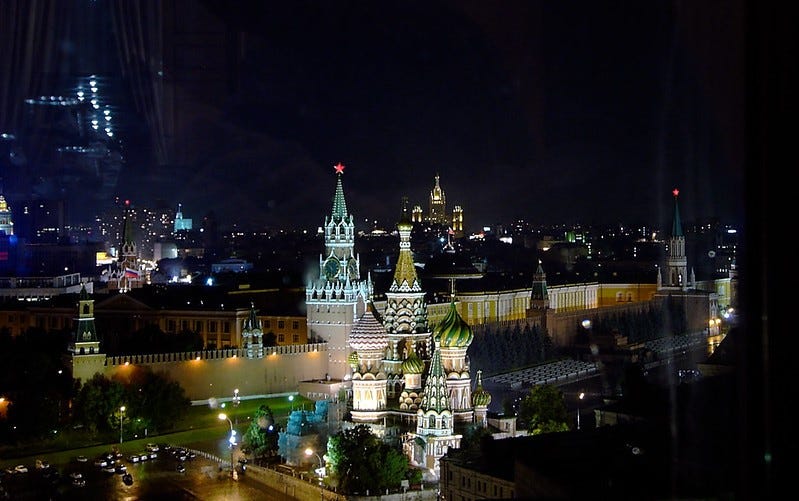The Triumphant Return Of Kremlinology
Dusting off the Cold War relics
The Blackwell Dictionary of Political Science defines Kremlinology as “the art of interpreting Soviet politics.” For “political conflict in the Soviet Union only occurred at the very highest level,” Frank Bealey and Allan Johnson write. It was “possible for Soviet experts to guess what was happening by reading Russian documents, but it was always a litt…



